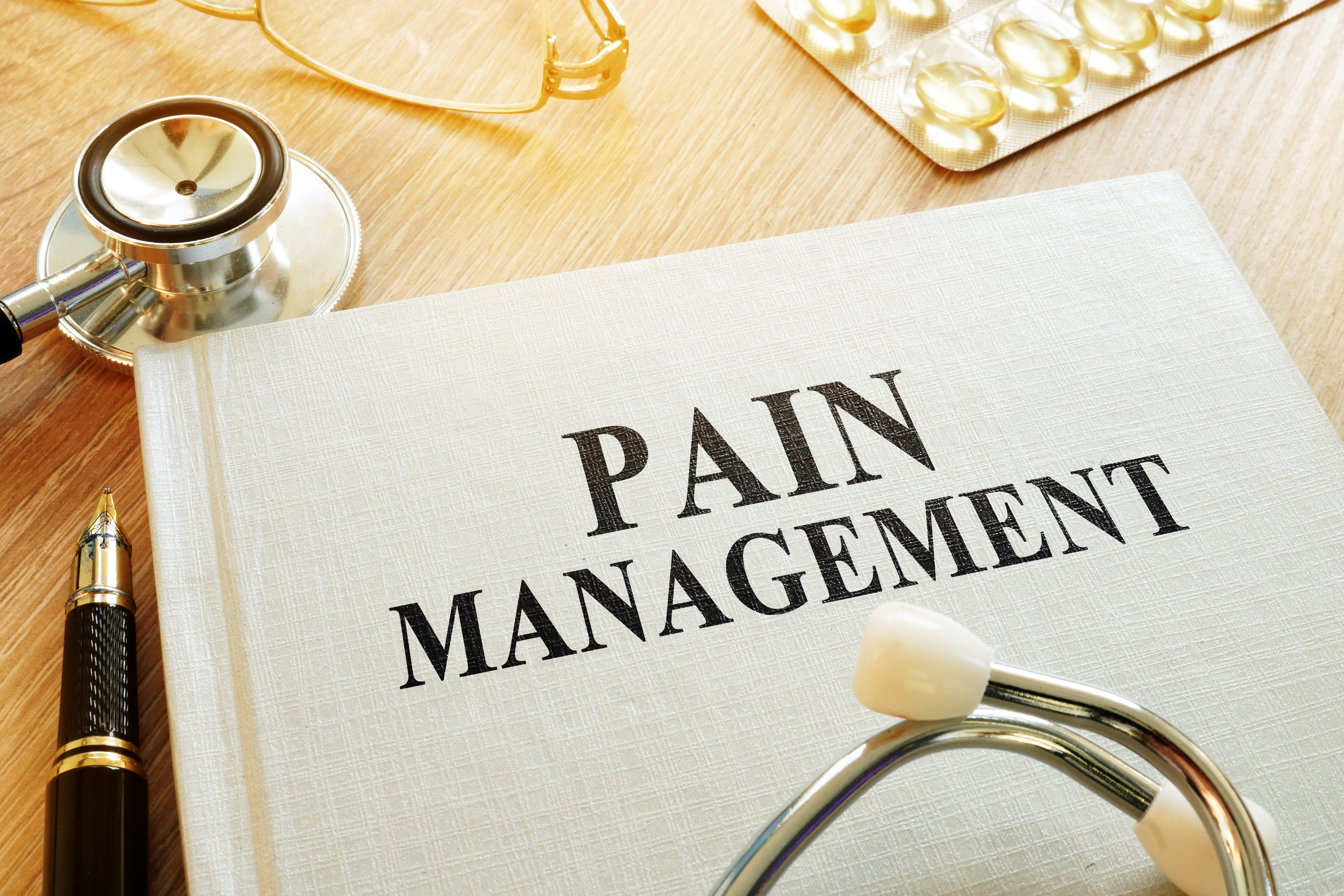CanHOPE is a non-profit cancer counselling and support service provided by Parkway Cancer Centre, Singapore.
Managing Cancer Pain
Patients with cancer may suffer from cancer pain at any stage of their disease. Cancer pain management is an important component of the overall cancer treatment. If it is well managed, it will lead to a better quality of life, including having a better sleep.
Not all patients with cancer suffer from pain. Up to ¼ of patients with advanced cancers may not have any pain issue. For those who have cancer pain, the severity may range of mild to moderate to severe. Only about 5-10 % of advanced cancer patients have very severe cancer pain.
Not all the pain suffered by cancer patients are due to cancer itself. Sometime the pain may be related to the side effect of the cancer treatment. Sometime the pain may not be related to the cancer at all (E.g. knee pain due to osteoarthritis). It is important to highlight your pain to your doctor for their assessment.
Cancer may cause tissue damage which causes pain. It may also damage nearby nerve causing nerve pain. Anti-cancer treatment is important to control the cancer and it usually also helps to reduce pain caused by the cancer. However, most of these cancer pain may needs some pain medicines for pain relief.
World Health Organisation (WHO) has a 3-Step Ladder Analgesia Guide for cancer pain :
Step 1 – Non-opioids (e.g. paracetamol or NSAIDs such as diclofenac, Arcoxia).
Step 2 – Weak opioids (e.g. codeine, tramadol)
Step 3 – Strong opioids (e.g morphine, oxycodone, fentanyl)
On top of the above, you may also need nerve pain medicine if you have nerve pain (neuropathic pain) caused by the cancers. Most of these medicines have their benefits and side effects.
Beside pain medicines in pain management, do recognise that you cancer pain may be affected by your other symptoms, your sleep and your emotional/psychological well beings. If you are affected by emotional/psychological/social/spiritual issues – tell your doctors about it. Your doctor may arrange a Counsellor to see to help you. If your pain is more complex, your doctor may ask our Palliative Medicine Specialist to co-manage the pain together.
Remember that you are not in this alone. Reach out for help and surround yourself with the right knowledge and support. PCC and CanHOPE’s professional team is available to help you and your loved ones manage a cancer diagnosis. We give you all the support that you need.






